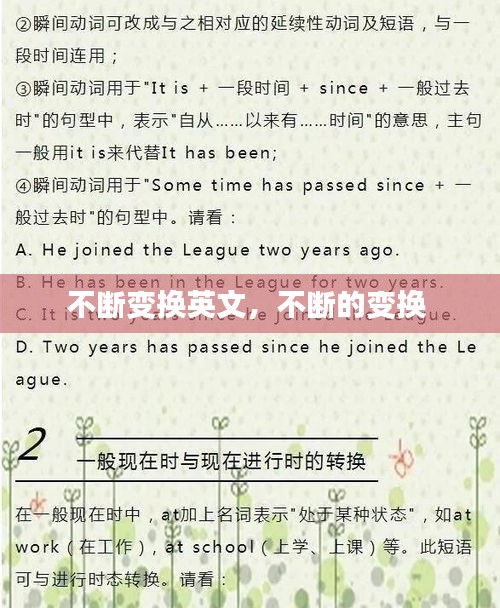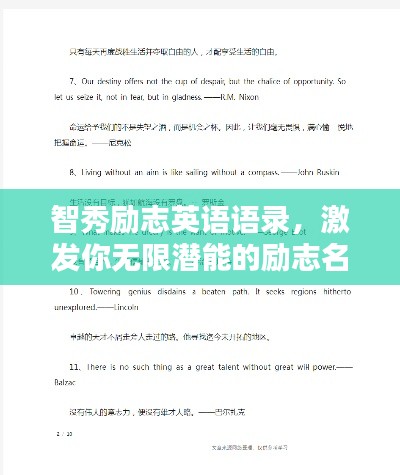Understanding the Importance of Varying English
In the world of communication, language plays a pivotal role. English, being a global lingua franca, is used extensively in various contexts, from academic settings to business interactions. One critical aspect of effective communication in English is the ability to vary one's language use. This article delves into why it is important to constantly transform English and how it enhances communication.
The Dynamics of Language Change
Language is dynamic and constantly evolving. It adapts to the needs of its speakers, reflecting changes in culture, technology, and social contexts. Varying English is a natural outcome of this evolution. It allows speakers to adapt their language use to different situations, ensuring that their message is conveyed effectively. The dynamics of language change can be seen in the way new words and phrases emerge, idioms evolve, and grammar rules adapt to new uses.
Adapting to Different Audiences
Effective communication requires understanding and adapting to the audience. Different groups of people may have varying levels of English proficiency, cultural backgrounds, and interests. By varying English, speakers can tailor their language to suit the needs of their audience. For example, a speaker might use simpler vocabulary and fewer complex sentence structures when addressing a group of English learners, while a professional presentation to a business audience may require more formal language and technical terminology.
Enhancing Clarity and Comprehension
Varying English helps to enhance clarity and comprehension. Using a wide range of language styles and registers ensures that the message is accessible to different listeners. For instance, when giving a speech, a speaker might use anecdotes and metaphors to illustrate a point, making the information more relatable and memorable. Similarly, in written communication, varying sentence structures and vocabulary can prevent monotony and keep the reader engaged.
Building Rapport and Engagement
The ability to vary English can build rapport and engagement with an audience. When speakers use a variety of language styles, they demonstrate adaptability and respect for the diverse needs of their audience. This can create a more inclusive and welcoming environment, where all participants feel valued. Engaging with the audience through varied language use can also lead to more dynamic discussions and a deeper understanding of the subject matter.
Expanding Vocabulary and Expressiveness
Regularly varying English exposes speakers to a wider range of vocabulary and sentence structures. This expansion can enhance their expressiveness and prevent reliance on a limited set of phrases. By incorporating new words and idioms into their speech and writing, speakers can convey their thoughts more vividly and creatively. This not only enriches their communication but also demonstrates their proficiency in the language.
Navigating Multilingual Environments
In today's interconnected world, multilingual environments are increasingly common. Varying English allows speakers to navigate these settings more effectively. For instance, when communicating with non-native English speakers, using simpler language and avoiding idioms that might not be easily understood can help bridge language barriers. This adaptability is crucial for fostering positive international relations and promoting cultural exchange.
Professional Development and Personal Growth
The practice of varying English is not only beneficial for communication but also for professional development and personal growth. It encourages speakers to think critically about language use and to continuously learn and improve. By being mindful of their language choices, individuals can develop a more nuanced understanding of English and its various applications. This can lead to greater success in both personal and professional endeavors.
Conclusion
In conclusion, the act of varying English is a testament to the dynamic nature of language and its ability to adapt to different contexts and audiences. By constantly transforming English, speakers can enhance clarity, build rapport, and expand their expressiveness. This practice not only enriches communication but also contributes to personal and professional growth. As language continues to evolve, the ability to vary English will remain a crucial skill for effective communication in our increasingly interconnected world.
转载请注明来自广西昌呈网络科技有限公司 - 专业手机应用开发与网络推广解决方案,本文标题:《不断变换英文,不断的变换 》














 桂ICP备18009795号-1
桂ICP备18009795号-1
还没有评论,来说两句吧...